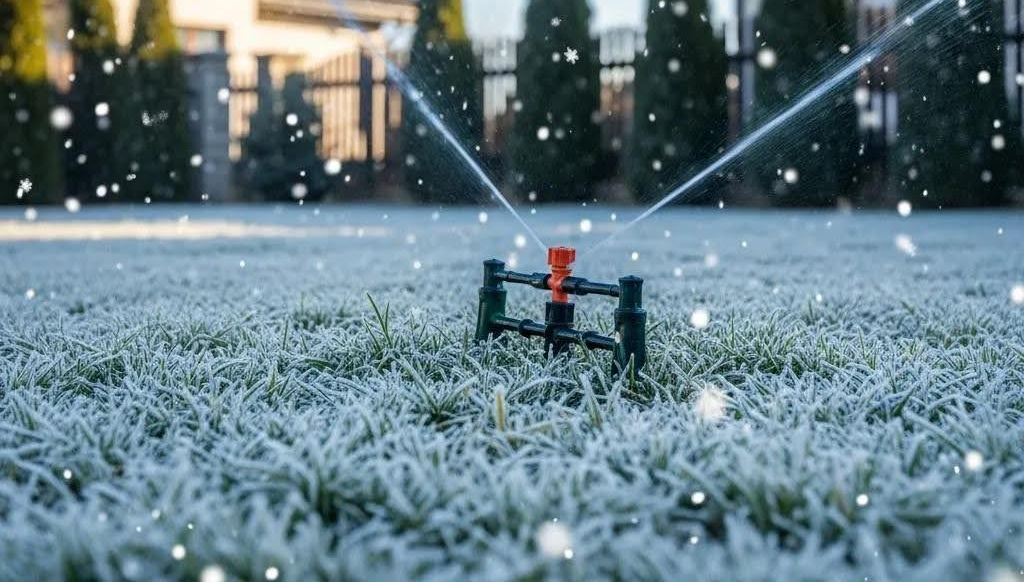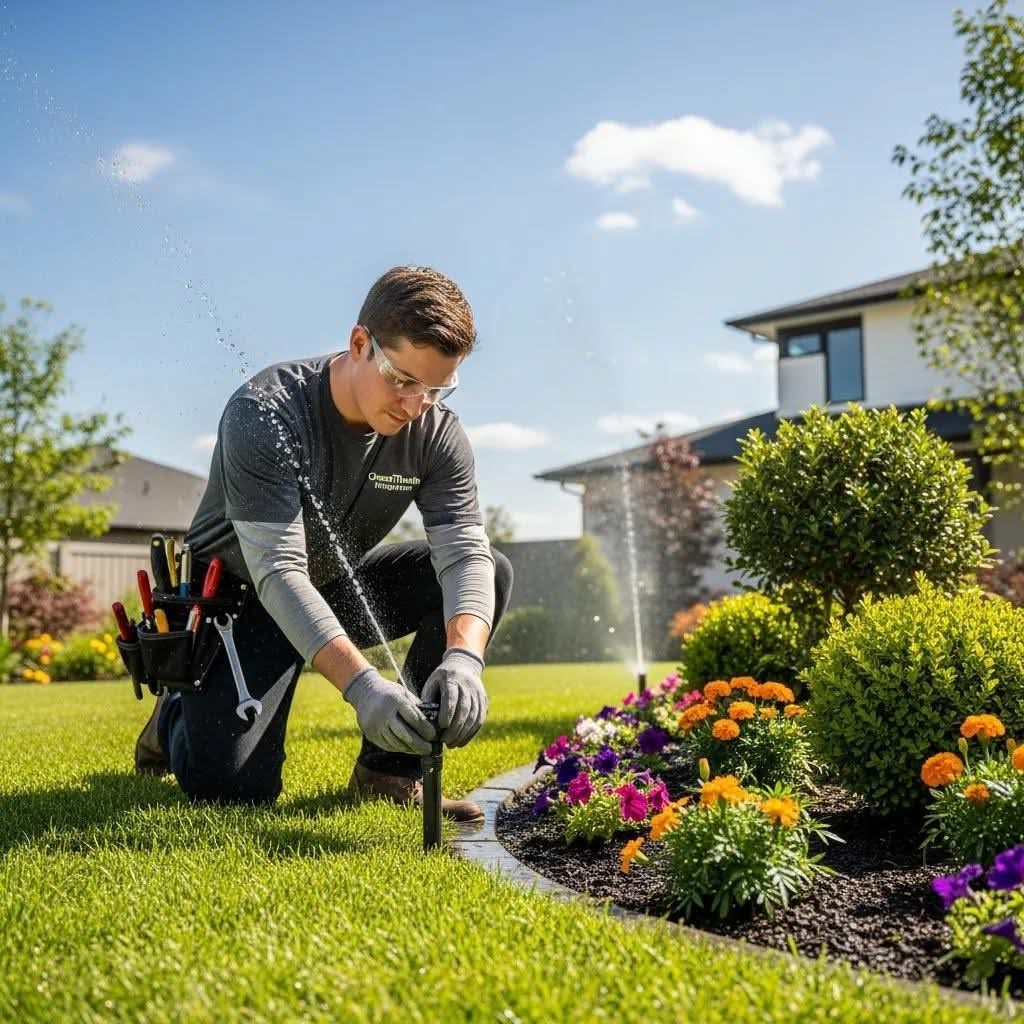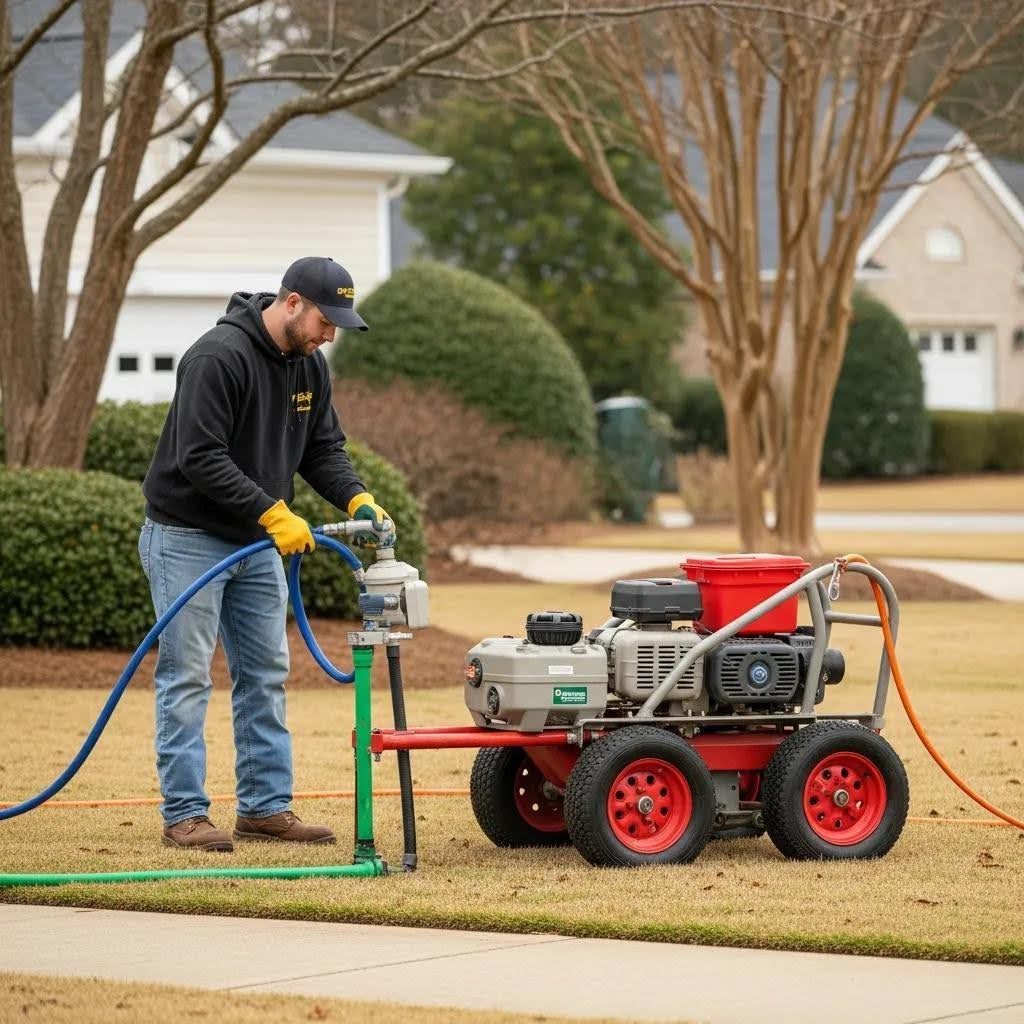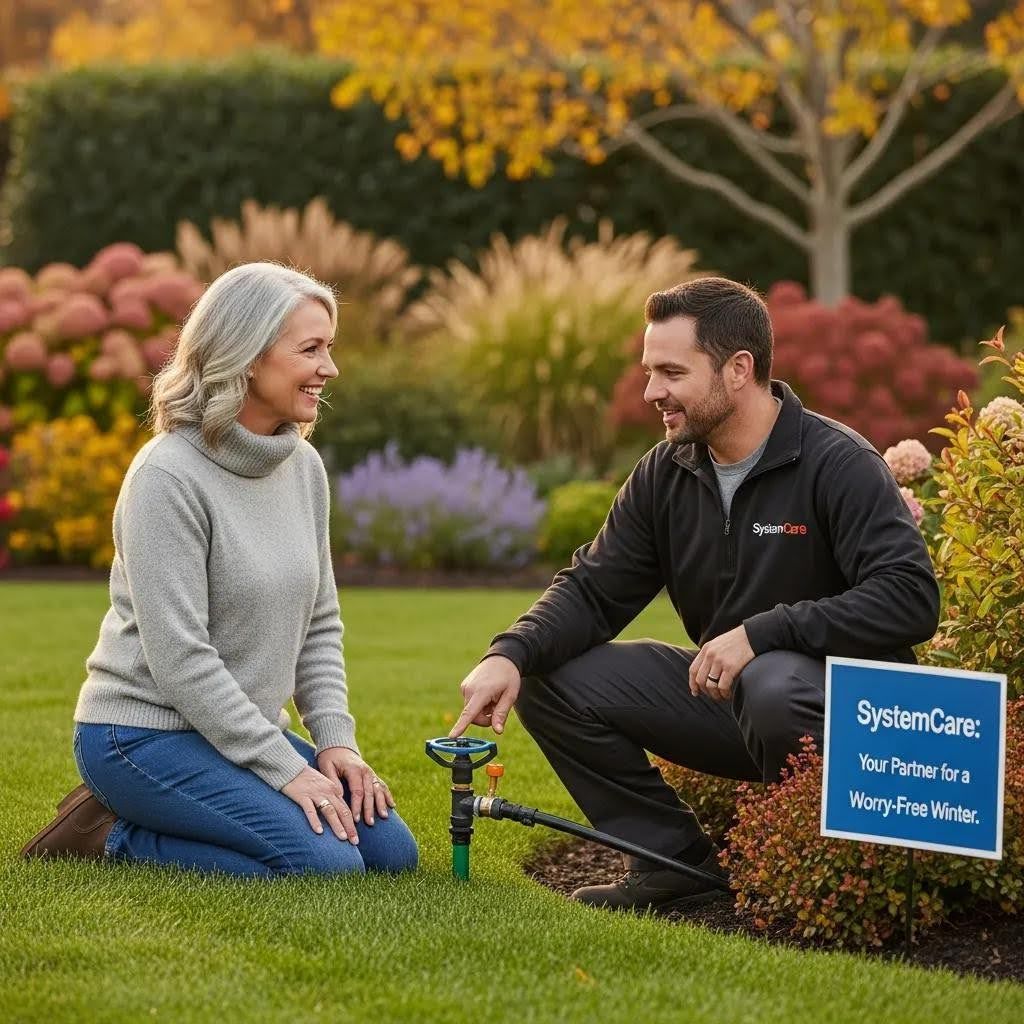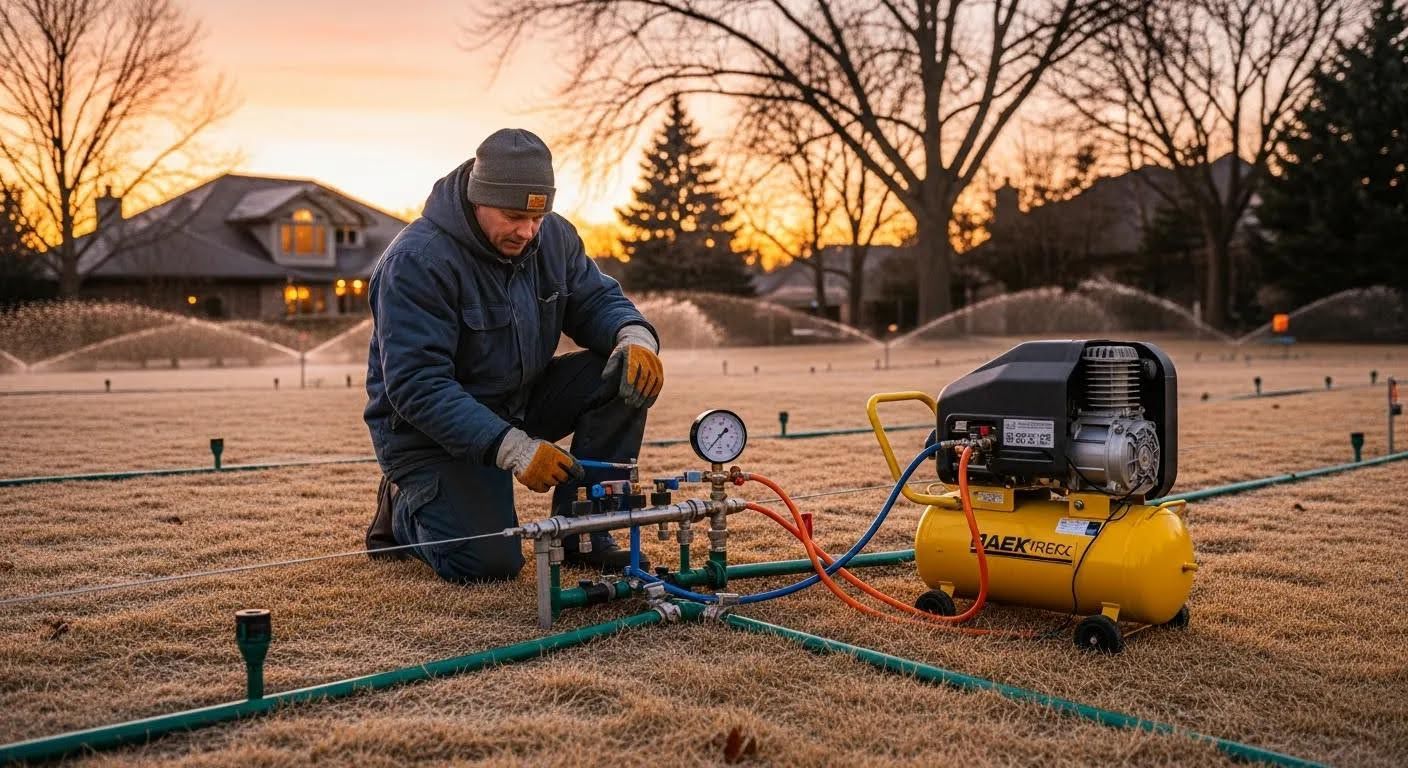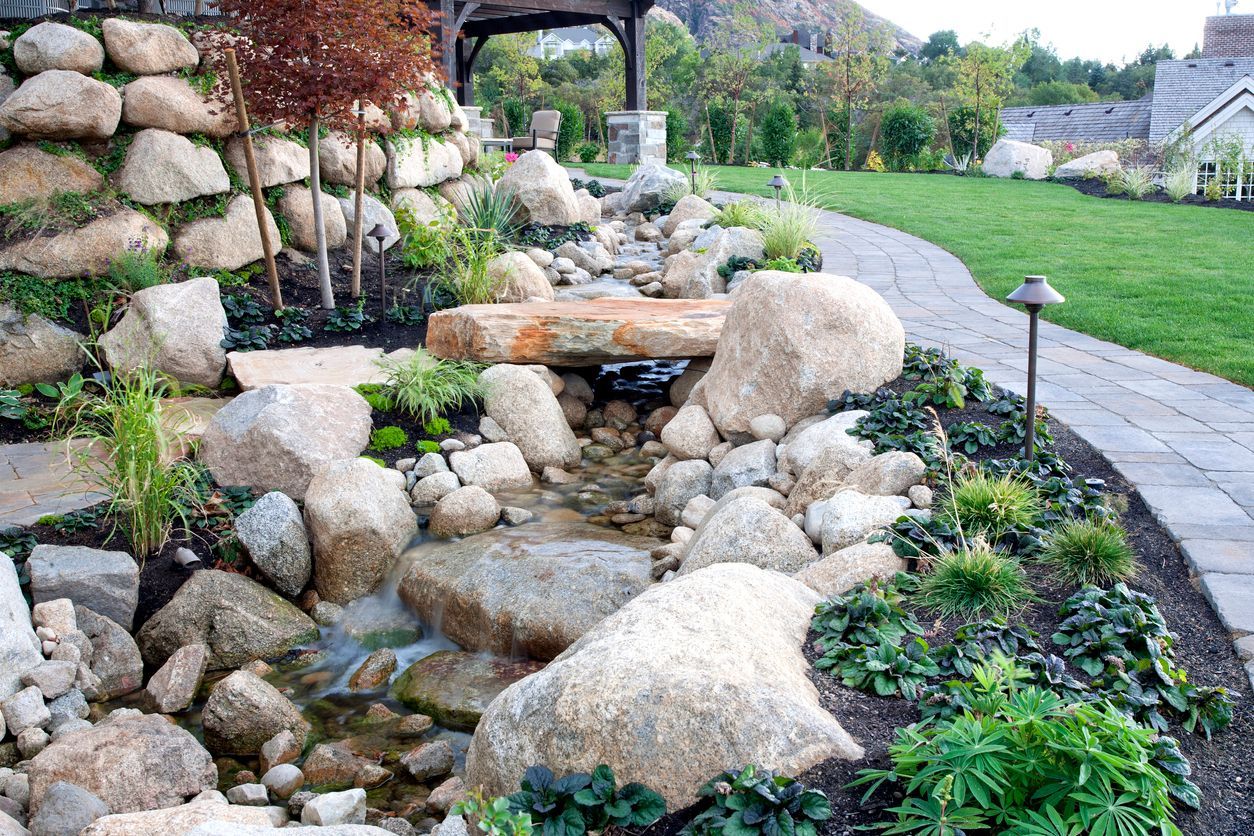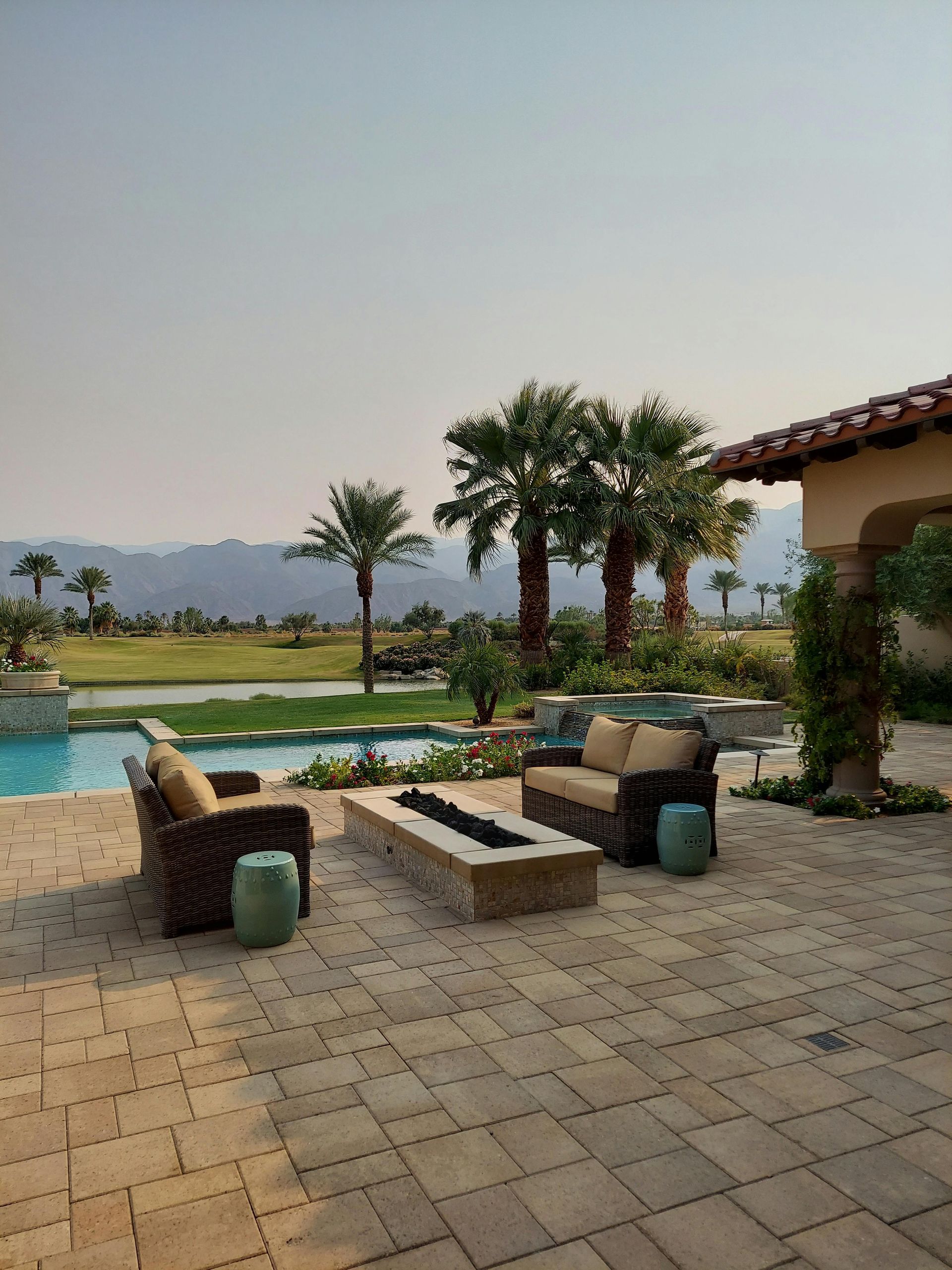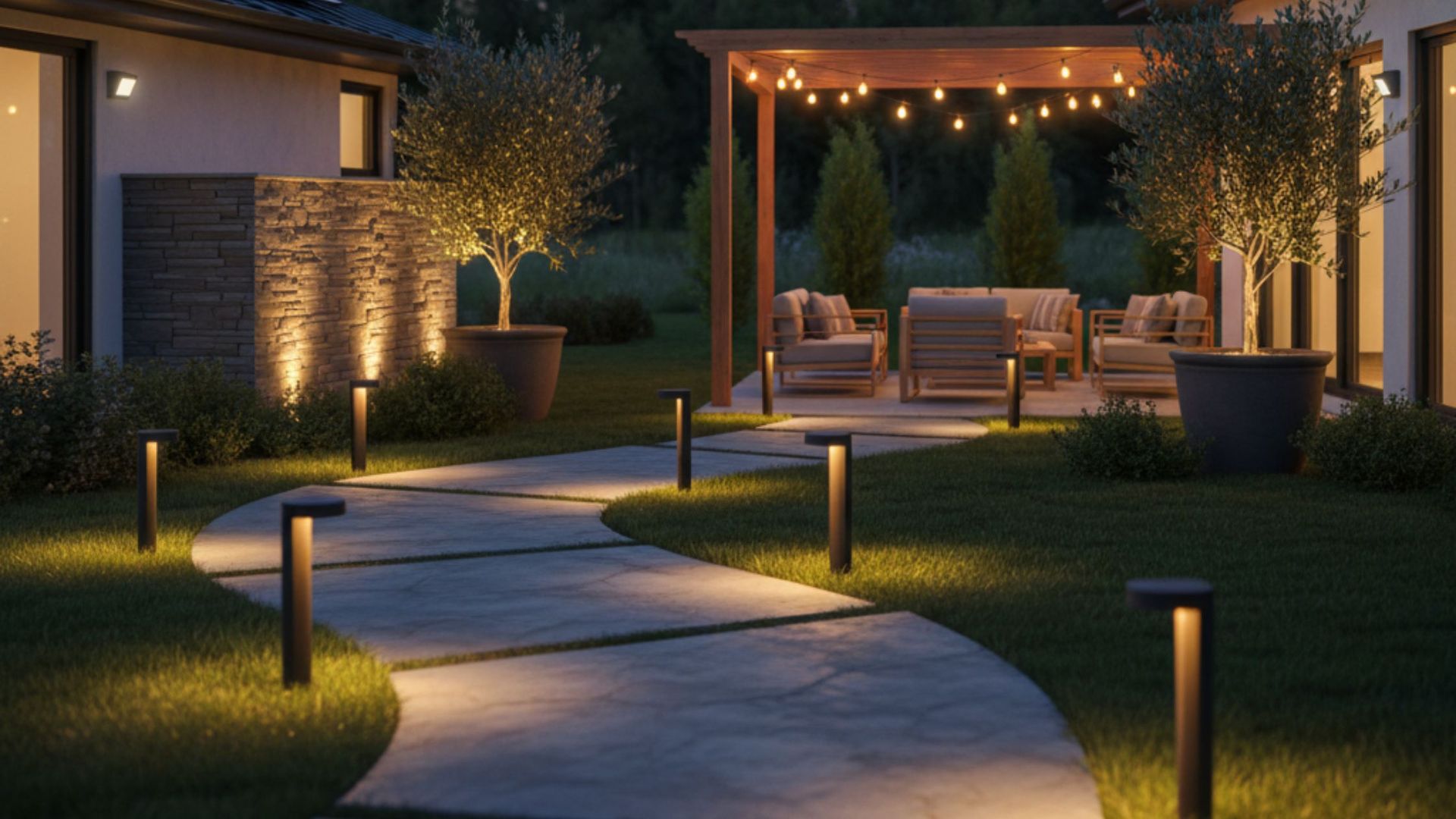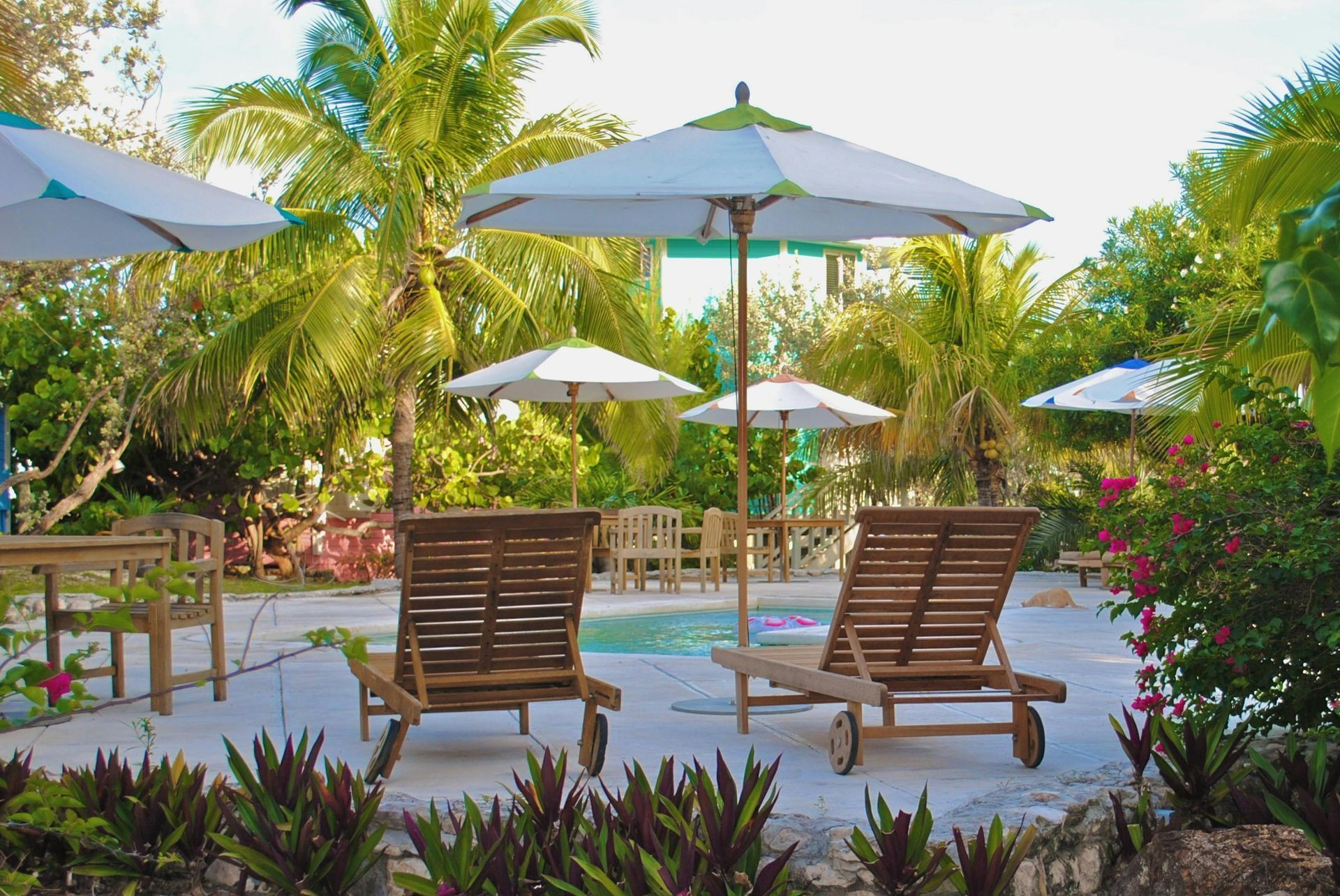What’s the Difference Between Pavers, Concrete, and Natural Stone for a Hampton Roads Patio?
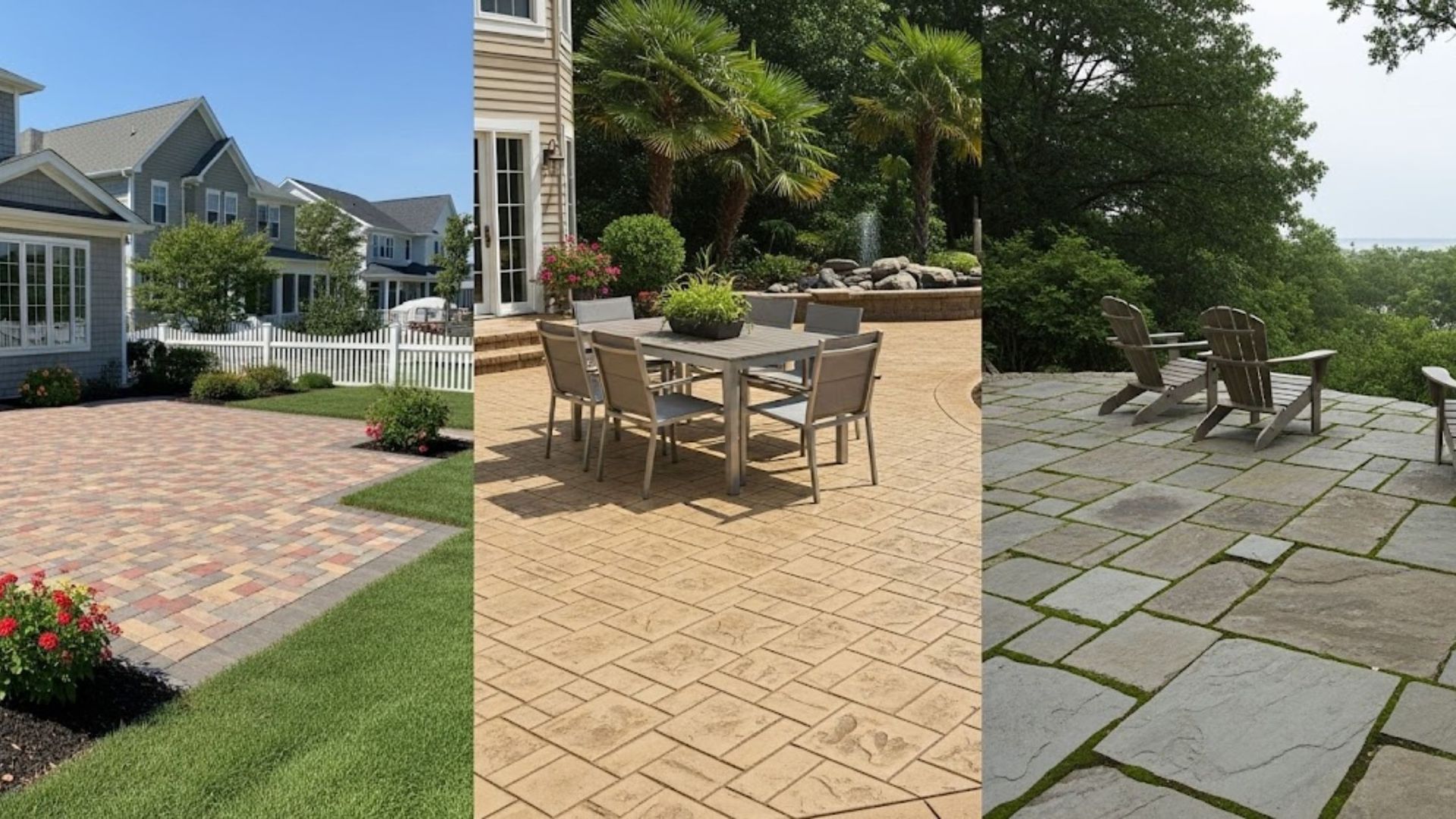
As homeowners look to enhance their outdoor living space, understanding the differences between pavers, concrete, and natural stone is essential when working with a Paver Patio Contractor Hampton Roads. Each material brings its own aesthetic appeal, longevity profile, and maintenance requirements. Whether the goal is a seamless hardscape design or a charming garden retreat, selecting the right surface will influence curb appeal, property value, and seasonal performance. From clay brick pavers with their timeless warmth to monolithic poured concrete’s sleek simplicity and the organic character of granite or travertine, exploring these options early in the planning stages ensures a patio that stands up to Hampton Roads’ humid subtropical climate.
What are the key differences between pavers, concrete, and natural stone for a Hampton Roads patio?
Interlocking concrete pavers are factory-manufactured blocks made of cement, sand, and pigment. They come in precise shapes, sizes, and colors, allowing for consistent patterns like herringbone or basketweave. Their modular nature simplifies repairs—individual units can be lifted and replaced—while polymeric sand joints help lock the layout and discourage weed growth. Beyond aesthetic variety, many homeowners value concrete paver benefits such as durability in heavy traffic areas and resistance to cracks beyond the freeze-thaw cycles common to coastal Virginia.
Clay brick pavers, fired at high temperatures, deliver a rich, earthy palette that softens outdoor kitchens and fire pit surrounds. Their uniform edges enable tight joints and classic running bond patterns reminiscent of historic streetscapes. Over time, the naturally dusted surface develops a patina that enhances charm. Yet clay brick pavers can be more labor-intensive to install, requiring precise base compaction and edge restraints to prevent shifting under shifting soil or heavy downpours.
Natural stone pavers—flagstone, granite, limestone, bluestone, or travertine—are quarried and cut into slabs of varying thickness. Each slab bears unique veining, texture, and coloration, creating a one-of-a-kind mosaic that harmonizes organically with planting beds or coastal vistas. Natural stone’s inherent strength and eco-friendly sourcing often command higher upfront investment, but its ability to resist abrasion and fading can deliver decades of low-maintenance elegance. For those seeking luxury hardscapes, the subtle warping and micro-fissures of stone add depth that manufactured products simply cannot replicate.
Comparing these materials side by side reveals trade-offs. Concrete pavers shine where budget-conscious, high-traffic applications call for consistent color and rapid installation. Clay brick pavers anchor period designs or Georgian facades with timeless appeal. Natural stone elevates landscapes to resort-style retreats, commanding premium budgets but promising unparalleled longevity. Considering lifespan, cost per square foot, ease of repair, and aesthetic alignment with home architecture guides the selection process and informs discussions with any experienced patio installer.
How does the Hampton Roads climate affect material choice?
Hampton Roads’ hot, humid summers and mild winters mean patios must withstand heavy rain, salt air, and occasional freeze-thaw cycles. A permeable surface, like interlocking pavers set over a compacted gravel base, can alleviate pooling water and reduce hydrostatic pressure on subbases. Proper drainage channels and sloping also protect patios from corrosion due to salty ocean breezes.
When soils shift, a flexible pavement such as concrete pavers can adjust without cracking, in contrast to monolithic concrete slabs that often fracture along stress lines. Natural stone, depending on porosity, may require sealers to block moisture infiltration and prevent spalling. Regular cleaning and reapplication of sealants ensure that travertine and sandstone maintain their signature hues through alternating humidity and cool snaps.
Homeowners concerned about long-term performance often trust professional advice. Experienced installers understand how to configure edge restraints and drainage swales to counter erosion, frost heave, and subsidence. For tailored guidance on joint stabilization, subgrade compaction, and slope optimization, it’s best to Contact us for a site evaluation that aligns with local soil conditions and frost depth considerations.
Why choose a Paver Patio Contractor Hampton Roads to install your patio?
Paver Patio Contractor Hampton Roads brings unmatched technical skill and local knowledge to every patio project. Seasoned contractors know how to balance structural requirements—compacted subgrade, geotextile fabric, appropriate stone base—with design aspirations such as intricate border patterns or built-in lighting channels. This expertise ensures a patio that not only looks stunning but also endures coastal humidity and heavy use without shifting or staining.
During initial consultations, professionals review material catalogs from Techo-Bloc, Hanover, and other trusted brands to match homeowner vision with functional performance. They recommend specific thicknesses—6 cm for footpaths, 8 cm for driveways—and guide the choice between permeable pavers or solid slabs. Their attention to detail extends to proper use of polymeric sand, broom-in techniques for tight joints, and sweep-edge installation methods that minimize settlement over time.
Local homeowners rely on Paver Patio Contractor Hampton Roads to ensure the quality and longevity of their outdoor living space. Beyond credentials and ICPI certification, a dedicated contractor coordinates permits, manages site logistics, and supervises crews to deliver projects on time and within budget. This holistic oversight transforms design plans into durable, beautiful patios that complement Hampton Roads’ natural landscape.
What maintenance is required for paver, concrete, and natural stone patios?
Concrete pavers demand periodic joint inspection and rejuvenation of polymeric sand to prevent weed infiltration and ant tunnels. Occasional power-washing clears algae or moss that thrive in humid coastal climates. Professional sealing every few years can refresh color intensity and reinforce surface protection against UV fading.
Monolithic concrete patios may crack but are straightforward to repair with concrete patch mixes or stamping overlays that mimic original finishes. Sealing transforms a bare slab into a weather-resistant canvas, reducing water absorption and surface chalking. Clients should schedule resealing every four to six years to maintain sheen and prevent efflorescence.
Natural stone often benefits from high-quality sealers that resist staining from barbecue oils or acidic leaf litter. After installation, sweeping and hosing down the surface quarterly keeps runoff clear of debris. For shaded areas prone to mildew growth, mild detergent washes restore traction. When properly maintained, bluestone, granite, and travertine patios can retain their original splendor for generations.
How do installation costs compare among pavers, concrete, and natural stone?
Concrete pavers typically range from five to fifteen dollars per square foot, including base preparation and labor. Their predictable sizing and simplified layout translate to faster installations and lower overall labor costs.
Natural stone, with prices from fifteen to thirty dollars per square foot or more, reflects quarrying, shipping weight, and skilled stone-masonry labor. Irregular shapes require custom fitting, extensive cutting, and more intensive grading to create level surfaces.
Poured concrete slabs often start at three to seven dollars per square foot but may incur additional expenses if decorative stamping, staining, or control joint saw-cutting is desired. Over time, repair costs for cracked slabs can accumulate, making replacement of individual pavers a more cost-effective option in many cases.
Conclusion
Selecting between interlocking pavers, poured concrete, and natural stone hinges on budget, desired aesthetics, and long-term performance under Hampton Roads’ climate stresses. Homeowners should weigh concrete paver benefits such as modular repair and color variety against the rustic allure of clay brick pavers or the unmatched elegance of natural hardscapes Hampton Roads. Ultimately, enlisting a trusted contractor ensures proper base construction, precise pattern installation, and effective maintenance planning. To explore a wide selection of paver styles and premium materials, reach out to Hampton Roads Irrigation & Landscape. A skilled team will guide each step, from initial design concepts to final compaction, delivering an outdoor living space that endures and delights.
Frequently Asked Questions
What is the lifespan of a paver patio compared to concrete and natural stone?
A well-installed paver patio can last upwards of 25 to 30 years with minimal maintenance, as damaged units are easily replaced. Poured concrete slabs generally have a lifespan of 20 to 25 years in coastal environments before cracks necessitate repair. Natural stone, properly sealed and maintained, can endure for 50 years or more, often outlasting the structure it serves.
Can pavers be installed over an existing concrete slab?
Yes, provided the slab is structurally sound, level, and well-draining. Geotextile fabric may be laid to prevent material migration, followed by a compacted sand or gravel layer. Professional contractors typically adjust grading and add edge restraints to ensure long-term stability of the interlocking pavers.
How do clay brick pavers perform in freeze-thaw cycles?
Clay brick pavers, once properly fired and installed over a well-prepared base, resist freeze-thaw damage admirably. Their low water absorption rate and interlocked pattern disperse expansion forces. Routine inspection of joint sand and timely refilling after harsh winters helps maintain tight seams and prevents frost heave.
Are permeable pavers a good choice for coastal Virginia patios?
Permeable interlocking concrete pavers allow stormwater to percolate through joints into a gravel subbase, reducing runoff and erosion. They are ideal for Hampton Roads environments that face heavy seasonal rains. However, homeowners must maintain clear joints and ensure subbase integrity to retain permeability over time.
What design options exist for natural stone patios?
Natural stone patios can feature flagstone with irregular edges for a rustic aesthetic, tightly-fitted bluestone for sleek modern layouts, or honed travertine for warm, uniform surfaces. Contractors can incorporate contrasting border stones, integrated seating walls, and decorative inlays to create custom hardscape elements that harmonize with existing architecture.
